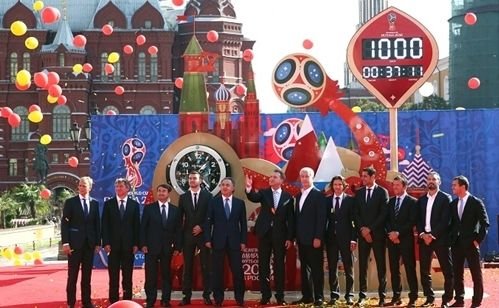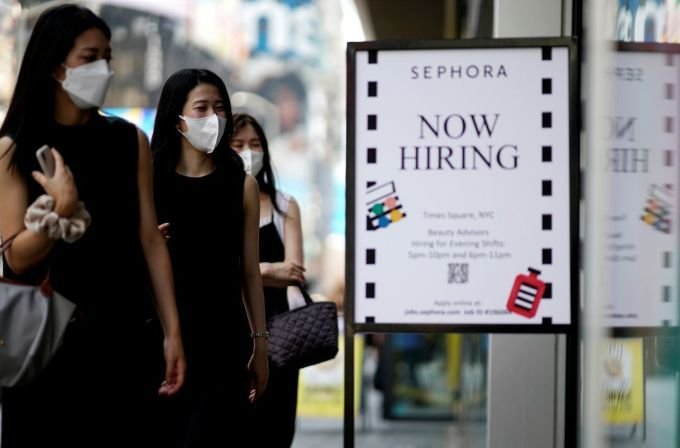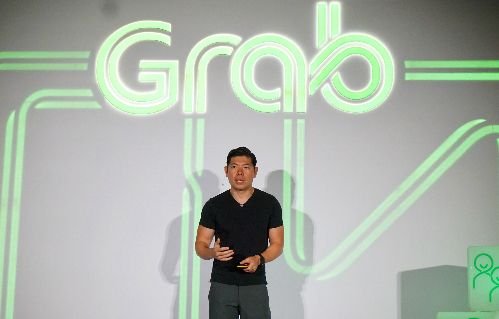
Chinese companies race to sponsor the World Cup
When the opening match between Russia and Saudi Arabia at Luzhniki Stadium in Moscow takes place on June 14, fans will see a 7-minute advertisement about Mengniu Group’s drinking yogurt and fresh milk.
Other lesser-known brands that will appear throughout the tournament are mobile phone company Vivo, TV and refrigerator company Hisense, electric vehicle company Yadea and multi-industry conglomerate Dalian Wanda of billionaire Wang Jianlin.
A series of Chinese companies became sponsors of this World Cup.
“Because many Western companies now see FIFA as a bad brand, they don’t want to be associated with it anymore,” explains Simon Chadwick, professor of sports business studies at the University of Salford.
Chadwick said the loss of many sponsors for the 2018 World Cup in Russia and 2022 in Qatar has left FIFA `desperate to find cash`. Chinese companies have recognized this as an opportunity to promote products for their customers.
Wang Jianlin said: “Two or three years ago, Chinese and Asian companies probably did not have the opportunity to sponsor FIFA, even if they wanted to.
Chadwick said these FIFA sponsorship contracts are encouraged by Chinese President Xi Jinping, in order to realize the dream of turning China into a `football superpower` by 2050. In addition to television rights, money from
Jon Tibbs – President and founder of sports image management company – JTA said Chinese companies are very wise when using football to promote.
Vivo paid 400 million euros for a 6-year sponsorship contract, including the 2018 and 2022 World Cups and the Confederations Cup.


